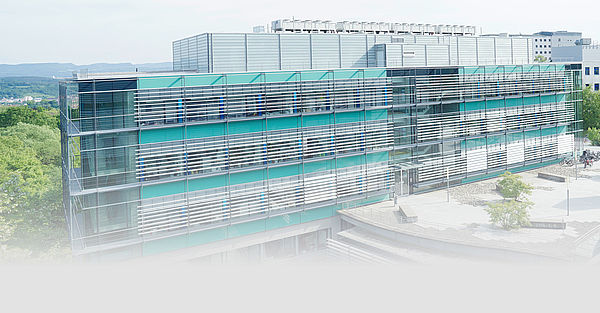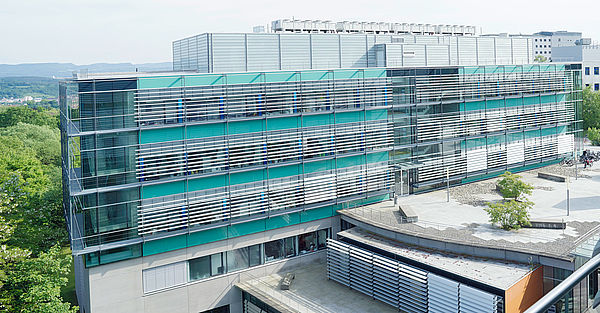The IDH1 protein fulfills important tasks in the energy balance of cells and plays a major role in the development of a certain group of tumors of the nervous system known as gliomas. In some gliomas, the gene for the IDH1 protein is mutated. As a result, the protein's function is disturbed and the cells now produce a new metabolic product called 2-HG. 2-HG causes chaos in the cells: it upsets the cellular metabolism and promotes cell division, hereby laying the foundation for cancer. The 2-HG protein is also known as an oncometabolite.
In order to specifically treat this type of glioma, recent clinical studies are targeting the gene mutation of the IDH1 protein. A research team led by Professor Ghazaleh Tabatabai, M.D. PhD, has now taken a close look at those metabolic changes that result from the mutation in tumor tissue. They found several metabolites that could serve as possible biomarkers to predict the course of the disease in the future. The profound insights into the cellular processes may also help future studies to further develop therapeutic approaches and improve their effectiveness.
The research team presents the current study in a video abstract.









